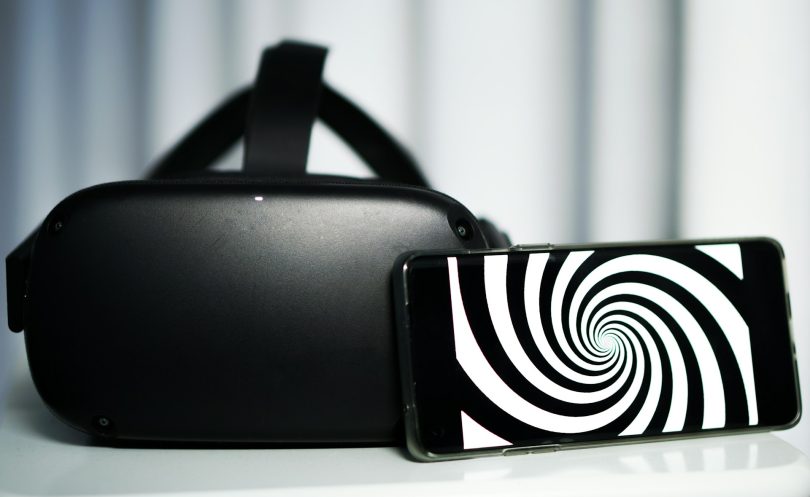The Digital Transformation
Hypnotherapy has made the digital leap, transitioning from the therapist’s office to the individual’s pocket. With the advent of these apps, people have unprecedented access to tools to help manage anxiety, improve sleep, reduce stress, and even break habits like smoking or overeating.

But while they offer convenience and affordability, these apps should be viewed as a complement – not substitute – to working with a certified hypnotherapist. Hypnotherapy’s therapeutic benefits are most effective when guided by an expert who can provide personalised sessions and professional guidance.
The Role of Certified Hypnotherapists: A Foundation for Success
Certified hypnotherapists bring knowledge, expertise and insight that no app can fully replicate. Success lies in a thorough understanding of the client’s unique needs, triggers, and goals. An in-depth assessment and evaluation of underlying issues helps tailor sessions to address specific concerns. This individualised approach not only builds rapport but also ensures that the client is engaged in a therapeutic process designed just for them.
Hypnotherapists also play a crucial role in educating their clients.
They demystify the process, dispel myths, and set realistic expectations. This education is key because many misconceptions about hypnotherapy still persist, such as fears of losing control or being manipulated. A trained professional ensures that clients understand what hypnotherapy is—and what it isn’t—before starting the actual sessions.
Where Do Apps Fit In?
Once a client has worked with a professional and has a solid foundation, apps can serve as excellent supplementary tools. They can provide guided audio sessions, relaxation techniques, and reinforcement exercises that help clients maintain their progress between sessions. For instance, if a client struggles with anxiety, an app can offer daily reminders or quick breathing exercises to be used in stressful situations.

Moreover, apps can make it easier to incorporate hypnotherapy into daily life. They provide accessibility for people who might not have the time or financial resources for frequent in-person sessions. As technology advances, some apps even include sophisticated features like biofeedback, which can monitor physiological responses and provide personalised content based on the user’s stress levels or heart rate.
Enhancing the Hypnotherapy Experience
The synergy between hypnotherapy and digital tools can upgrade the overall therapeutic experience. A well-designed app serves as an extension of the therapist’s work. It allows clients to revisit guided sessions, practice self-hypnosis techniques, or follow through on post-session recommendations at their own pace. This reinforcement often leads to deeper, more sustained changes over time.
For hypnotherapists, recommending specific apps can be part of a comprehensive treatment plan.
They can suggest particular modules or sessions within the app that align with what was covered during in-person sessions. This makes the digital experience an integral part of the treatment journey, rather than a separate or disconnected activity.
Choosing the Right App
Not all hypnotherapy apps are created equal, so it’s essential to choose one that aligns with professional standards. Look for apps developed by certified hypnotherapists or in collaboration with mental health professionals. They tend to be more reliable and structured around proven therapeutic techniques. Reading reviews and testing out free versions before committing to a purchase can also help determine if an app will genuinely support your goals.
Conclusion: A Partnership Between Person & Platform
In this age of digital transformation, hypnotherapy apps are a powerful resource that can extend the reach of traditional hypnotherapy. They offer a bridge between professional sessions, enabling clients to maintain their progress and continue benefiting from the tools they’ve learned.

For those considering hypnotherapy, starting with a certified hypnotherapist is crucial. Professionals are more likely to provide the expertise, support, and personalised care necessary for meaningful change. Once that foundation is in place, the right app becomes a valuable ally, reinforcing and enhancing the work done in session. In this way, hypnotherapy and digital tools don’t compete; they collaborate, creating a seamless path toward healing and self-improvement.
Main – Photo by MK Hamilton on Unsplash



